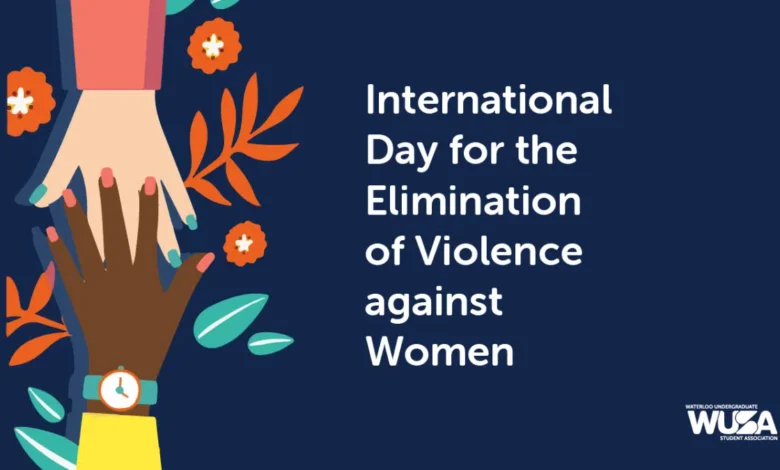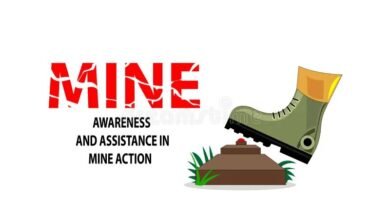Breaking the Cycle: Eliminating Violence Against Women and Girls for a Safer World

Every year on November 25, the world observes the International Day for the Elimination of Violence Against Women, a day dedicated to highlighting one of the most pervasive human rights violations worldwide: violence against women and girls. This day not only sheds light on the issue but also reinforces our collective responsibility to eliminate it.
The origins of this day trace back to 1999, when the United Nations General Assembly officially designated it to honor the Mirabal Sisters. These brave Dominican activists, who fought against dictatorship, were murdered in 1960, symbolizing the ultimate sacrifice in the face of tyranny and gender-based violence. Their story is a powerful reminder of the courage it takes to stand against oppression.
The Scope of the Crisis: A Global Pandemic
Violence against women and girls (VAWG) is alarmingly widespread. A 2013 WHO study revealed that 35% of women globally have experienced physical or sexual violence. In some countries, the figure rises to a staggering 70%, often perpetrated by intimate partners. Beyond these harrowing statistics are untold stories of silent suffering, driven by societal impunity, stigma, and shame.
This violence manifests in various forms, including:
- Intimate Partner Violence: Battering, psychological abuse, marital rape, and femicide.
- Sexual Violence and Harassment: Rape, child sexual abuse, forced marriage, cyber harassment, and street harassment.
- Human Trafficking: Enslavement and sexual exploitation.
- Harmful Practices: Female genital mutilation and child marriage.
No stage of life is exempt from the impact of VAWG. It denies women and girls their right to safety, dignity, and equal opportunities, permeating every aspect of their lives—from education to employment to social participation.
Women and girls in vulnerable situations, including those in humanitarian crises, indigenous communities, or with disabilities, face an even greater risk of violence.
Structural Failures and the Cost to Society
Violence against women is more than a personal tragedy; it reflects deep societal and structural failings. This hidden pandemic destabilizes families, fractures communities, and undermines the economic and social foundations of societies. Globally, one woman is killed by a family member every 10 minutes—a horrifying statistic that demands urgent action.
A Call to Action: Ending the Cycle of Violence
While the challenges are immense, violence against women and girls is preventable. Collective action and systemic change are essential to achieve this goal. Here are key recommendations:
1. Strengthen Legal Frameworks
Governments must implement and enforce comprehensive laws to protect women and girls. Policies should criminalize all forms of violence, ensure justice for survivors, and hold perpetrators accountable.
2. Invest in Prevention
Prevention begins with addressing the root causes of violence: gender inequality, harmful cultural norms, and economic disparities. Educational campaigns and community programs can shift attitudes and empower individuals to act.
3. Support Survivors
Survivors need safe spaces, counseling, and support services. Grassroots organizations play a vital role in providing these services and should receive adequate funding and recognition.
4. Measure and Address Economic Costs
Understanding the economic impact of violence is a powerful motivator for change. Tools like those developed by the Commonwealth help countries quantify their losses and identify evidence-based solutions.
5. Confront New Challenges
Crises like climate change, conflicts, and the rise of online misogyny demand innovative solutions. Cyber harassment laws, climate-resilient policies, and conflict-sensitive interventions are necessary to protect women and girls in emerging contexts.
‘No Excuse’: The Theme of 2024
This year’s theme, No Excuse, emphasizes that violence is never justifiable, nor is inaction. It challenges individuals, communities, and nations to take ownership of this issue and prioritize its eradication.
A Vision for the Future
On this day, we remember the victims of femicide, honor the resilience of survivors, and recommit to building a safer, more equitable world. Violence against women and girls is not inevitable; it is a societal choice—and one we can choose to end.





